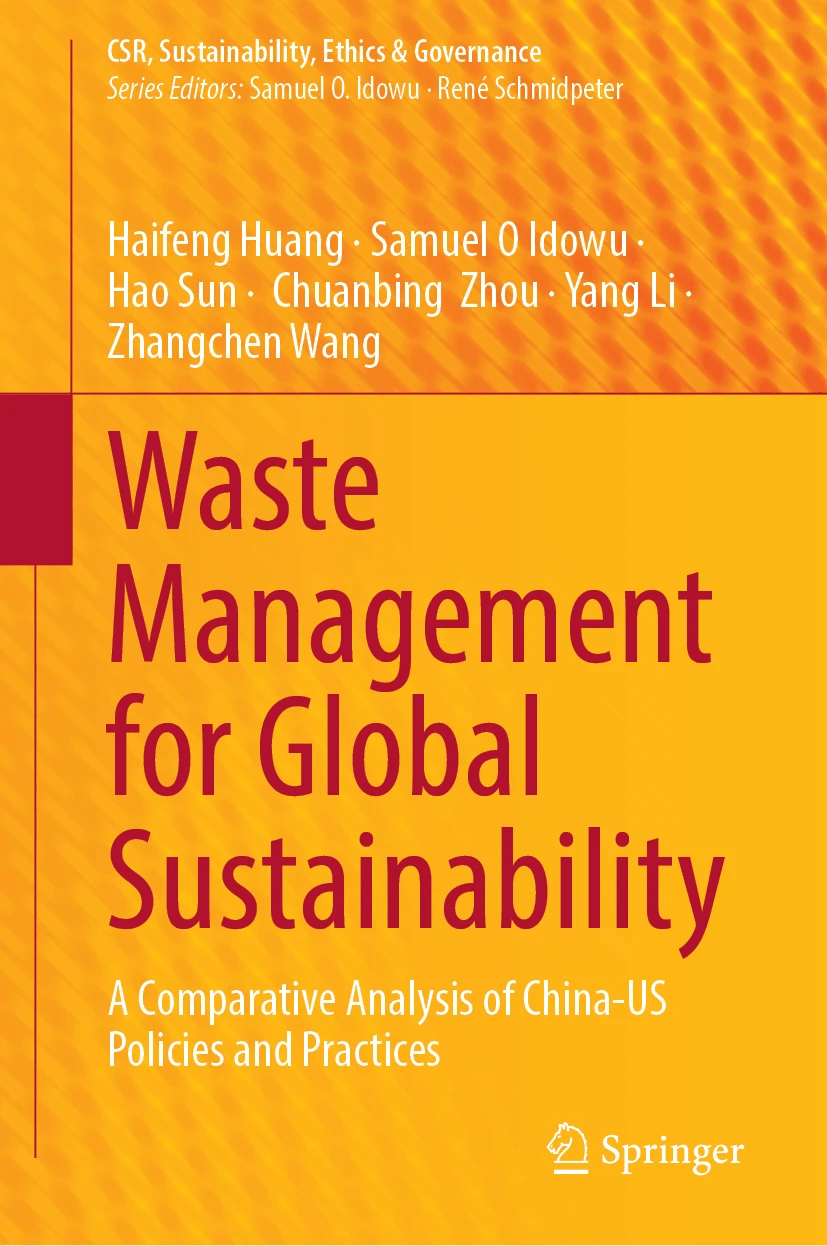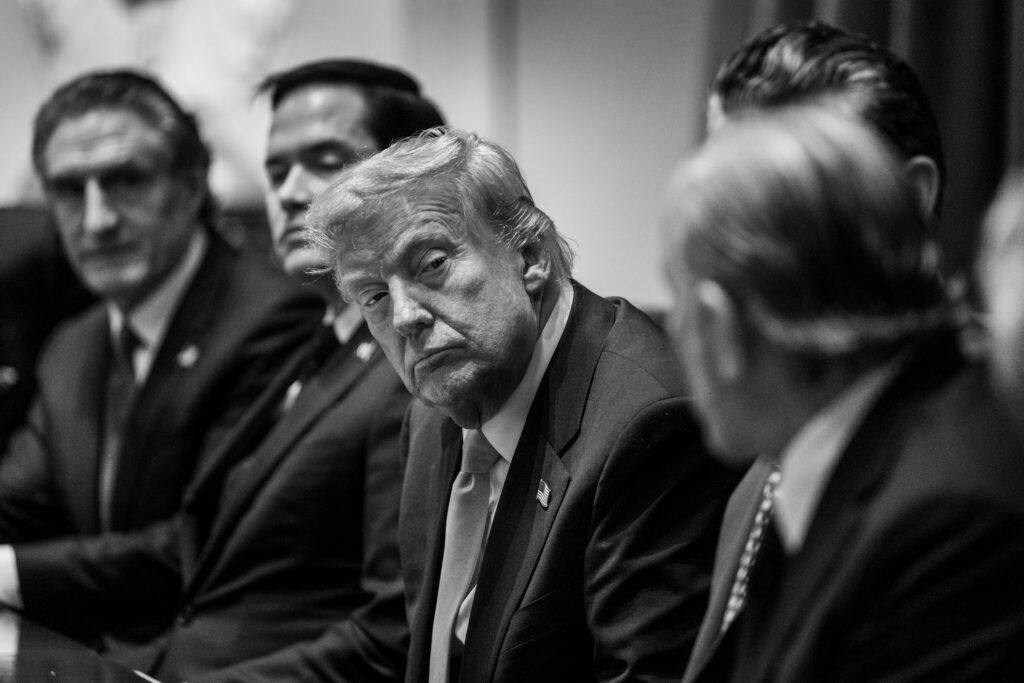After Biden met Japanese Prime Minister Fumio Kishida, they released a formal statement asking that China “contribute to arrangements that reduce nuclear risks, increase transparency, and advance nuclear disarmament”, among other requests for temperance. This comes after China denounced the Aukus security alliance between the US, Britain and Australia as irresponsible since the US was sharing its submarine technology for the first time in 60 years, having previously only shared it with Britain.
While the Quad joint leaders’ statement did not mention China by name, the message of containing and countering China was clear. It expressed concern about any coercive, provocative or unilateral action that sought to change the Indo-Pacific status quo, including the militarisation of disputed features, which Beijing sees as aimed at itself.
Maritime cooperation also featured prominently in the joint statement. This came after Washington announced US$60 million in funding for a regional maritime programme with Asean, most of which will be led by the US Coast Guard, including the deployment of personnel and equipment, combating illegal, unreported and unregulated fishing, and help with equipment and staff training. This indicates the US Coast Guard will become more involved in the South China Sea’s security.
The four Quad leaders also committed to deepening infrastructure cooperation in the Indo-Pacific, including addressing debt issues and extending more than US$50 billion in aid and investment over the next five years. Additionally, the meeting discussed more help for Pacific island nations, where China’s influence has recently grown.
Last, and arguably most anticipated on Biden’s Asia visit, the US unveiled the 13-nation Indo-Pacific Economic Framework (IPEF) – the administration’s answer to questions about America’s economic commitment to the region. IPEF, the most significant effort by Washington to engage Asia on economic matters following Donald Trump’s 2017 decision to withdraw the US from the Trans-Pacific Partnership, is designed to de-emphasise China’s role in Asian and transpacific supply chains.
This series of actions to counter China has, naturally, invited criticism from Beijing, and some recent foreign policy moves could be viewed as countermeasures.
For example, China is negotiating security deals with two more Pacific nations following its agreement with the Solomon Islands last month. Beijing reportedly wants 10 small Pacific nations to endorse a sweeping agreement addressing everything from security to fisheries.
Beijing has also mentioned the possibility of setting up a free trade area with Pacific nations – as Foreign Minister Wang Yi and a 20-person delegation began a visit to the region last week. China, which has been unable to effectively push back against America’s global network of alliances and its role as a security guarantor, is now rolling out its own “Global Security Initiative”. This idea, proposed by President Xi Jinping at the Boao Forum for Asia last month, aims to “build a balanced, effective and sustainable security architecture” and “reject the Cold War mentality, oppose unilateralism, and say no to group politics and bloc confrontation”.
Ultimately, it can be seen as Beijing’s strategy to draw together its various efforts to win global friends while resisting US attempts to target China through groups like the Quad and Aukus.
Blinken’s policy speech reflected Biden’s hardline message to China, one that the administration has held since the president’s inauguration. However, Blinken did leave some room for hope by saying the US would engage constructively with China on climate change, global food security, and the Iran and North Korea nuclear programmes as the global economy recovers from the pandemic. Clearly, this whirlwind of diplomacy leaves US-China relations in new and unknown territory.
This commentary was originally published on South China Morning Post on May 31, 2022.





Don’t Call It a Done Deal: The U.S.-China London Talk is (Hopefully) Just the Beginning